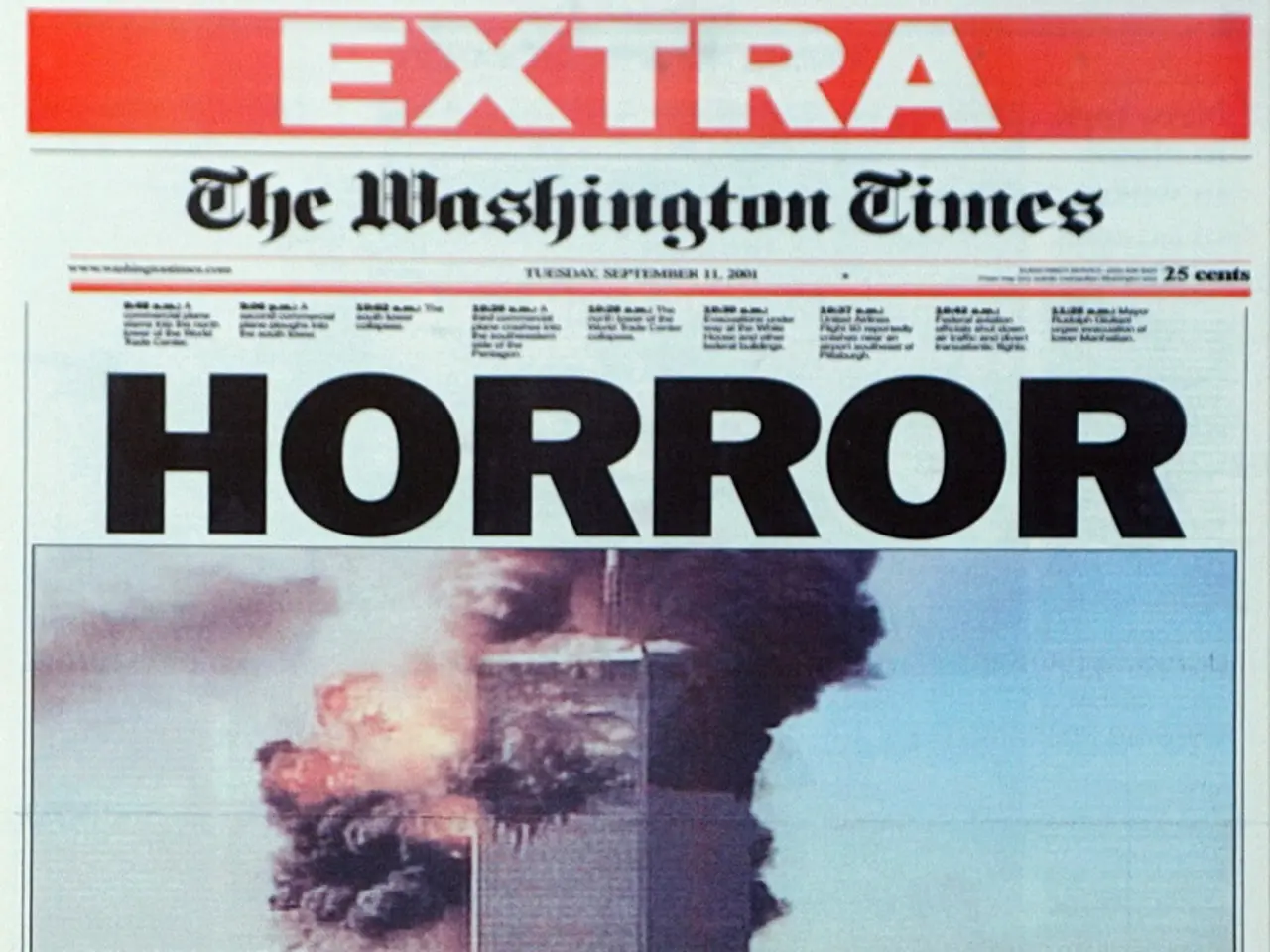Stock Markets in Europe Endmainly Lower in Response to Corporate Earnings Reports
European Markets Close Mixed on August 7, 2025
European markets ended the day with a mixed performance on Thursday, as optimism around potential EU-US trade deals and steady economic growth signals were counterbalanced by cautious central bank policies and sector-specific challenges.
The pan-European STOXX Europe 600 Index inched up by 0.54%, supported by tentative optimism around a possible EU-US trade deal, despite EU warnings of counter-tariffs. The ECB held its key interest rates steady at 2%, with President Christine Lagarde signaling a hawkish, data-dependent approach due to trade uncertainties.
Eurozone business activity increased modestly in July, with the HCOB Flash Eurozone Composite PMI Output Index rising to 51.0, indicating expansion in manufacturing and services, though confidence varied between German and French firms. Sector-wise, there was rotation, with IT facing pressure while FMCG sectors gained.
Among major markets, Italy’s FTSE MIB gained 1.03%, France’s CAC 40 had modest gains, Germany’s DAX fell by 0.30%, and the UK’s FTSE 100 increased 1.43%. European government bond yields rose slightly following mixed economic data: eurozone retail sales met expectations (+0.3% m/m), but German factory orders unexpectedly declined by 1.0% m/m.
However, the positive momentum was dampened by a series of corporate setbacks. Sanofi lost nearly 8% after the company's earnings fell short of expectations. Veolia Environment is down nearly 2% after reporting a decline in first-half revenue. Siemens Healthineers, Zalando, Puma, Adidas, Infineon, and Bayer lost 3 to 4.5% in the German market. Vinci, ArcelorMittal, STMicroElectronics, Stellantis, LVMH, Edenred, Airbus, Renault, and Capgemini lost 1 to 2.7%.
Despite these challenges, there were some bright spots. Legrand gained about 4% on impressive earnings, and Air France-KLM moved up sharply, lifted by higher second-quarter profits. Safran gained more than 3%, lifted by strong first-half earnings and full-year revenue guidance. Eurofins Scientific, Legrand, and BNP Paribas gained 1.2 to 2%.
Overall, European markets closed mostly lower on Thursday. Germany's DAX and France's CAC 40 lost 0.81% and 1.14%, respectively. Bouygues closed lower by 7.2%. Hermes International, Schneider Electric, and Pernod Ricard ended down 4 to 5.2%.
Inflation remained stable in France, with consumer price inflation remaining unchanged at 1% in July, and France's harmonized inflation remained stable in July at 0.9% year-on-year. However, producer prices declined at the slowest pace since February in France, and on a yearly basis, producer prices advanced 0.2% in France in June. Germany's import prices fell by 1.4% year-on-year in June.
European markets remained alert to global cues such as expected Fed rate cuts supporting US indices overnight, which can influence sentiment. The subdued inflation and cautious central bank communication contributed to mixed but generally steady market conditions.
In summary, European market performance on Thursday was shaped by steady but cautious economic growth signals in the eurozone, central bank vigilance amid geopolitical trade risks, variation in sector performance, and external factors including US policy expectations and corporate developments.
Investors in the European business sector should have noticed the mixed performance of the stock-market on August 7, 2025, as optimism surrounding potential EU-US trade deals and steady economic growth signals were counterbalanced by cautious central bank policies and sector-specific challenges. Moreover, the stock-market fluctuations were influenced by various corporate outcomes, such as Sanofi's shortfall in meeting earnings expectations, and positive moves from companies like Air France-KLM, thanks to higher second-quarter profits. These occurrences indicate that investing in European finance requires close attention to both geopolitical developments and corporate performance.




